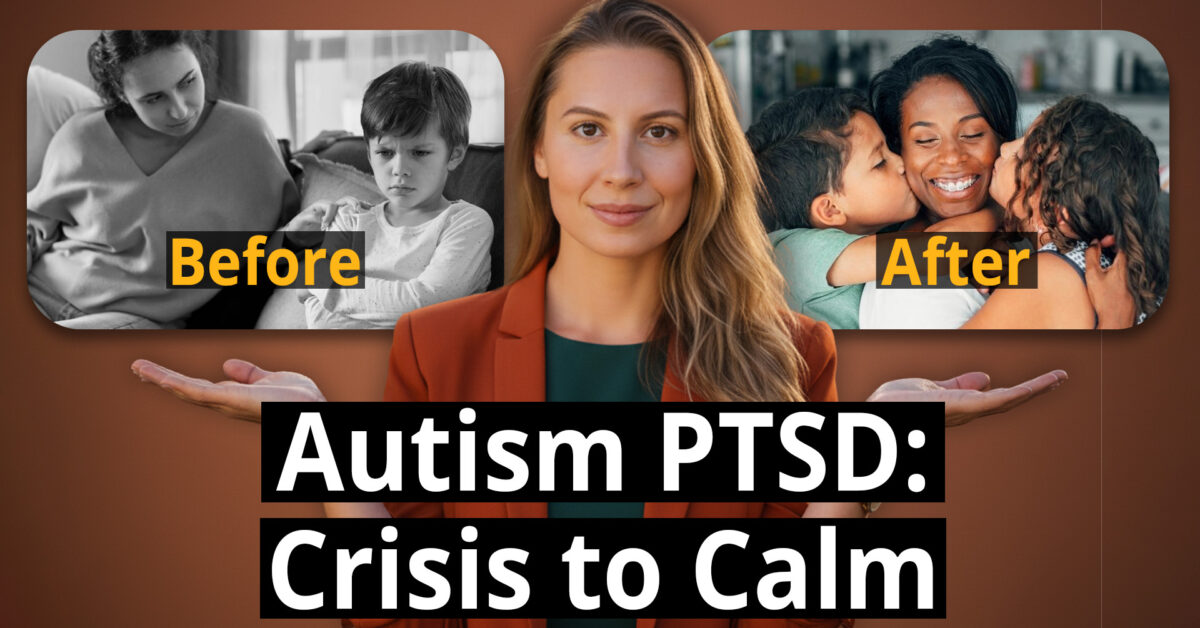Occupational therapy for autism? Is it not working for your child?
Occupational therapy is many times prescribed for those with autism. It’s commonly abbreviated OT.
Many times in school, a child might go to OT, typically a maximum of three times a week although it really all depends on their needs. You can also get OT therapy outside of school, and many times insurance will pay for a certain amount of OT, but it needs to be prescribed by an in-network doctor.
OT can work great and there are some fabulous OT therapists out there. However, many times parents get frustrated because of the lack of progression with certain things.
When OT doesn’t work
So let’s look at a common example. Say your child has low muscle tone and maybe they don’t hold their head up straight, and maybe they drop their head more when they’re outside and there are bright lights or sunlight, they just drop their head.
Some OT therapists might approach this problem and focus on increasing neck muscle strength and control. That makes sense, right? There’s low muscle tone, so the head drops. That’s why there’s a focus on strengthen the neck muscles. And for some people with autism, this might be an appropriate approach.
However, if you’ve done this and not getting the progress that you want to see, some people with autism have difficulty increasing their muscle strength or control no matter how many times they repetitively do certain exercises to increase that muscle strength.
This is when things get very frustrating. And this is just one example. There certainly are many. Anytime you’ve been doing something consistently to help correct an issue and it’s not working, that means there needs to be a different approach taken. Make sense? Let’s explore a different approach for this example, a different perspective when something is not working.
A different perspective
In my experience, if a person drops their head to avoid light exposure, there’s an underlying cause and many times it tends to be light sensitivity, and that is where the focus needs to be.
Their neck muscle control is actually great, right? Because when they experience that bright light, they drop their head. They’re controlling their muscles. And the whole reason why they are dropping their head is so that their eyes are lower and they’re not exposed to that bright light anymore.
In an example like this, they’re not dropping their head because they don’t have the muscle strength to hold it up. They actually have great muscle strength and control, but they are using it to lower their head rather than keep it up.
The right approach
You wouldn’t actually want to teach them to hold their head up and endure pain or be uncomfortable when they have light sensitivity. The most appropriate approach would be to learn the medical reason why they’re sensitive to light. Once that gets medically addressed, OT will be an entirely different experience for everyone! Sometimes not even needed anymore.




